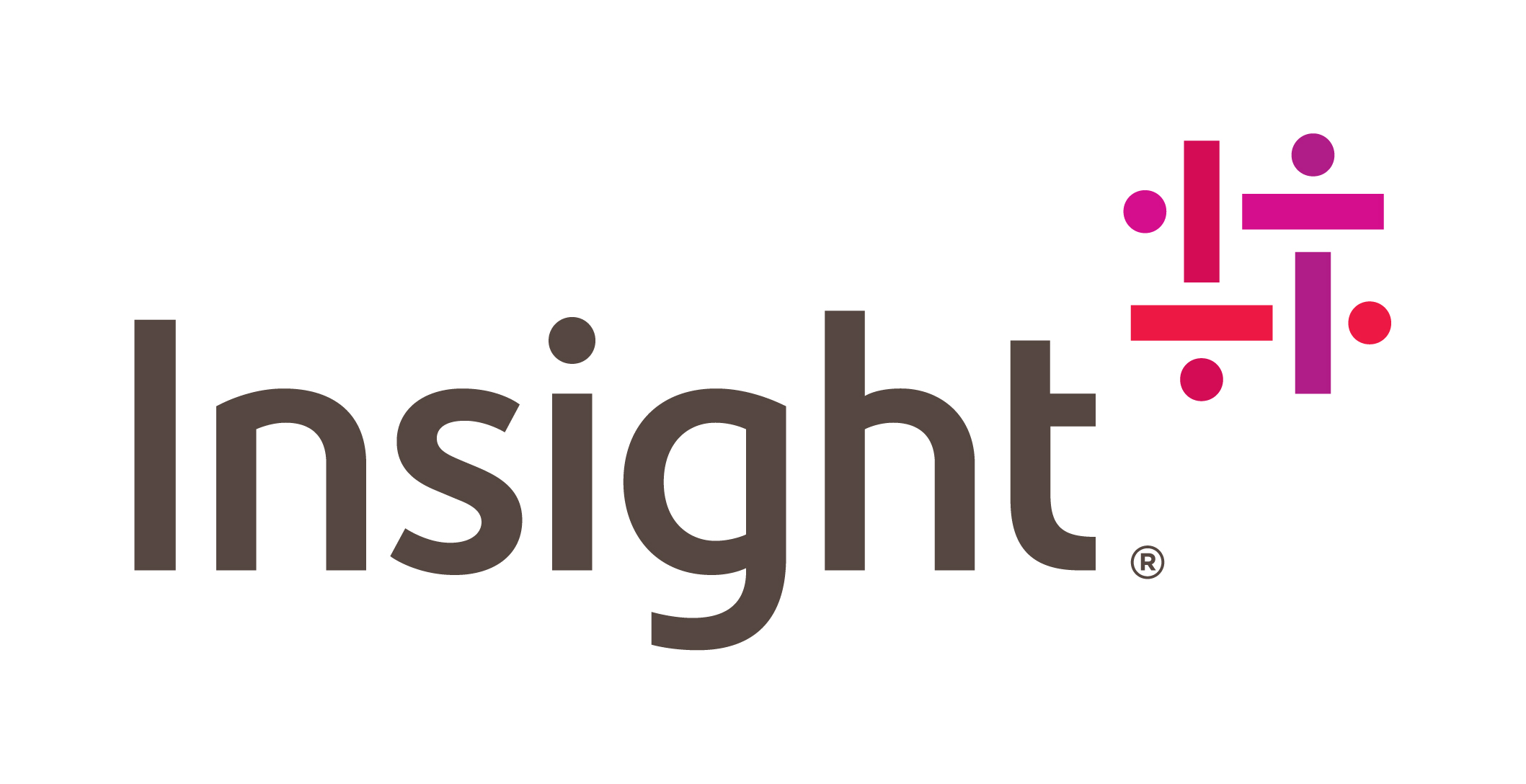Client
FUN-GI was founded five years ago on a philosophy of “purpose, fun, and design.” The 12-person company is a game studio, “but not in the traditional sense, as we’re mobile first,” explains CEO Alfred Fung. “FUN-GI designs and publishes fun games for growing brands. We live by certain credos, but ultimately, our mission is to create content that’s brand-forward, truly innovative, and incredibly broad-appealing, not just to traditional gamers but to a variety of audiences.”
FUN-GI saw an opportunity to stand out in a crowded marketplace by targeting an underserved niche: female players in what the industry calls the “midcore” market, referring to gamers who enjoyed playing (or discover they enjoy playing) games, but don’t have much dedicated time to the activity. The company’s flagship title, House Flip, is a role-playing simulation game, something that Fung says is unique. “The typical role-playing game is often associated with male players,” Fung says. “We felt that women weren’t being served very well in this category and recognized a market opportunity where we could define the home renovation game genre while making a midcore experience accessible to female players.”
In addition to being a game developer, FUN-GI is also a game publisher. “We have every intention of growing House Flip,” Fung says. “We’re always updating our live operations with fresh content and new features. We are living in an age where software is no longer a consumer packaged good; it’s a truly living service. We effectively service our audience by anticipating their desires, listening to their feedback, and incorporating it into the game’s design.”
House Flip has been wildly successful in Apple’s App Store and Google Play. In just over a year, it’s accumulated over 11 million downloads and more than 200,000 reviews, with an average rating of over 4.5-stars. “Eleven million is relatively small given that we are on mobile, but it’s pretty rare that a game made by 12-person company gets to eight-figure downloads,” explains Fung.
Business Challenge
FUN-GI initially developed House Flip on an off-the-shelf platform and continued using it thru the game’s soft launch period. However, FUN-GI found that the platform wasn’t the right fit for their needs. “We didn’t have direct access to the database,” Fung recalls. “While the platform provided a lot of things on the front end, like the console, it was still just a layer atop AWS.” FUN-GI also found that it was limited to the data analytics and metrics they could acquire, as it didn’t allow them to access the source code. Additionally, at the time, the platform didn’t support versioning, which presented a challenge when FUN-GI needed to deliver multiple versions of server code for game updates.
With House Flip’s global launch on the horizon, FUN-GI knew it needed a more flexible, scalable platform.
Solution & Results
FUN-GI chose to migrate to Google Cloud Platform (GCP) and host House Flip on Google App Engine. The team was immediately impressed by GCP’s ease of deployment and scaling. “We went from thousands of players and a lot of issues during soft launch, to a global launch on GCP with 11 million downloads while maintaining excellent data integrity and server performance,” Fung notes. “We don’t have to worry about scaling; GCP auto-scales. It just works.”
Now that FUN-GI can access server code, Fung reports they can gather “almost any data we want” and run customized business intelligence analysis. Production is faster now that developers are freed from backend infrastructure maintenance tasks. “A lot of larger companies have DevOps engineers. We’re still small and don’t have the resources to hire those types of engineers, so it’s great that GCP handles all of that for us.”
FUN-GI’s partnership with SADA began in September 2018. The company had Google’s Gold SLA Plan, and an account executive suggested that FUN-GI partner with SADA for consulting and support. “It was great to know that we could partner with SADA, and maintain the same SLA level, but not have to pay extra,” Fung says.
SADA helped FUN-GI optimize their GCP deployment. “One of the main things that SADA helped us with was streaming assets from storage and delivering them to players. Our Technical Account Manager recommended implementing an internal load balancer. This allows Google to cache the assets faster and distribute them across their load balancer more efficiently,” Fung recalls. “We’ve also gotten advice from SADA on setting up our Google App Engine products, such as whether we should use a flex or standard environment, and they’ve given us guidance on GCP products that we can use to scale our features.”
Gamers are a notoriously demanding and fickle customer base, so it’s not surprising that FUN-GI’s biggest KPIs for their GCP deployment were server uptime and consistency of delivery. “We’ve integrated Stackdriver Monitoring, which sends us email notifications when things go wrong. Luckily, nothing has gone wrong on our end, only on Google’s end, but they’ve been very good about fixing problems.”
The FUN-GI team is very pleased with both GCP and SADA’s services, and Fung plans to incorporate more of GCP’s features as the company expands and releases more games. “In our next update, we plan to use Firebase’s Firestore database, which will be much better for concurrency.” The company also wants to utilize Firebase ML in conjunction with Remote Config to help with A/B testing.

“Our experience with GCP has been so positive that it has built a tremendous amount of trust from our team,” Fung explains. “There’s a strong relationship element. It’s not just that SADA is there when things break; Google is there on the regular as well. Having great relationships with GCP and SADA emboldens us. We have the relationships in place that enable us to be ambitious and continue pushing the envelope.”
SADA is excited to announce four new packaged offerings designed to help customers migrate to GCP faster and better, and with greater cost certainty. Each of the services are available for a flat price and fixed time, providing customers with clarity and confidence as they move data and applications to the public cloud.



